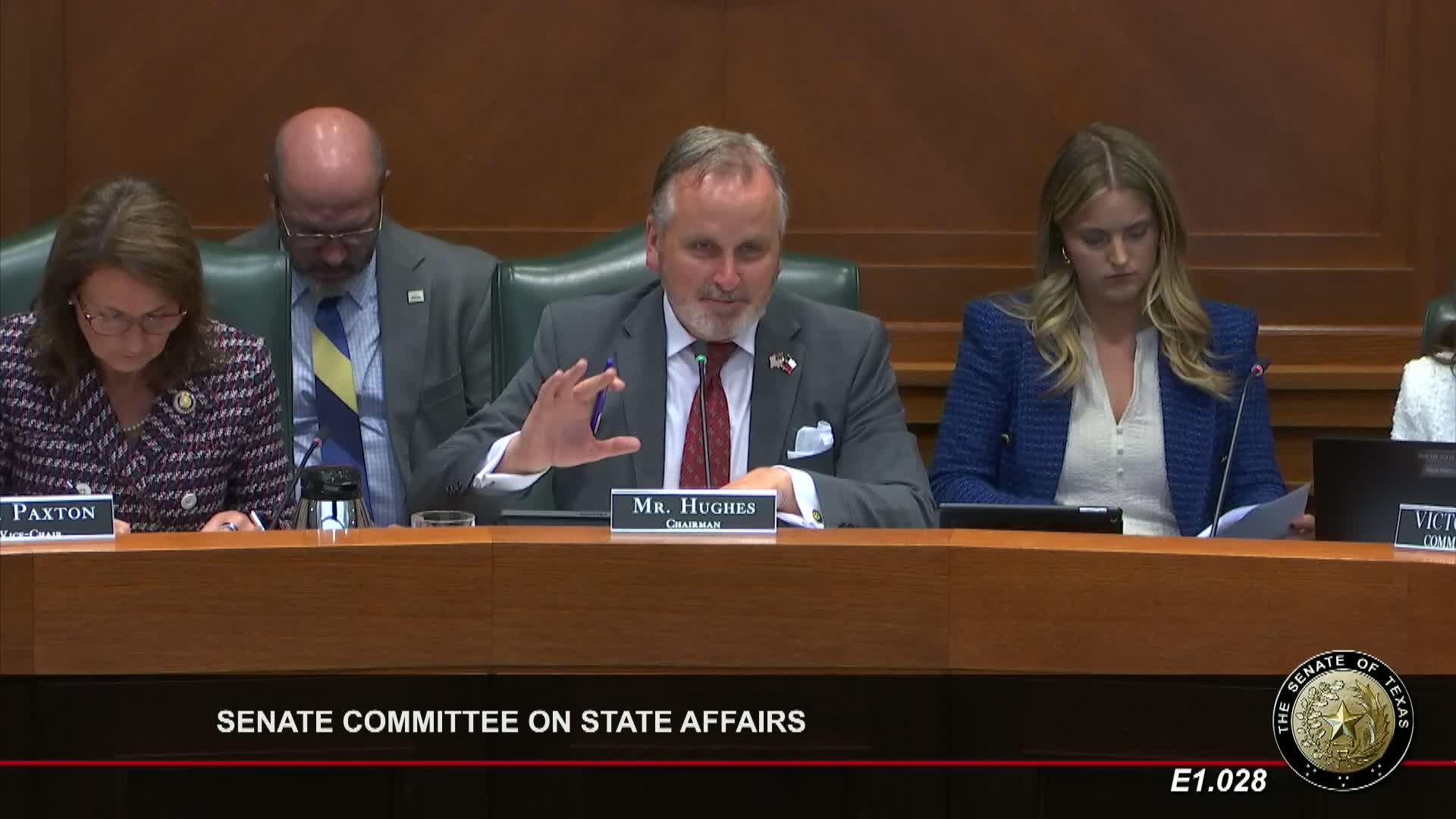Election Officials Prepare for Critical Logic Test Amid Controversy
October 16, 2024 | Committee on State Affairs, Senate, Legislative, Texas
Thanks to Scribe from Workplace AI , all articles about Texas are free for you to enjoy throughout 2025!

This article was created by AI using a video recording of the meeting. It summarizes the key points discussed, but for full details and context, please refer to the video of the full meeting. Link to Full Meeting
Jeff Pallet, editor in chief at Ballopedia, provided data on runoff elections from 2018 to 2024. He noted that seven states, including Texas, utilize runoff elections for primaries, all requiring a 50% vote threshold to avoid a runoff. Pallet highlighted that 18% of contested primaries in these states resulted in a runoff, with Texas having a notable 22% of its contested primaries leading to runoffs. He also pointed out that in Texas, 53% of runoff elections were won by candidates who finished second in the primary, indicating a significant shift in voter preference.
The discussion also touched on voter turnout, revealing a 40% drop in votes cast during runoff elections compared to the initial primaries. This decline was attributed to various factors, including voter fatigue and the timing of elections. Many participants expressed concerns about the lengthy period between primaries and runoffs, suggesting that reducing this time could enhance voter engagement and reduce costs.
Public testimony revealed a consensus among local election officials and party representatives that the current system is cumbersome. Several witnesses advocated for shortening the time between elections and reconsidering the 50% vote threshold, arguing that these changes could lead to increased voter participation and lower election costs.
The committee plans to continue gathering data and public input as it works towards recommendations that could reshape the runoff election process in Texas. The discussions underscored the need for a more efficient electoral system that encourages voter participation while maintaining the integrity of the election process.
Converted from Senate Committee on State Affairs October 16, 2024 meeting on October 16, 2024
Link to Full Meeting
Comments
View full meeting
This article is based on a recent meeting—watch the full video and explore the complete transcript for deeper insights into the discussion.
View full meeting